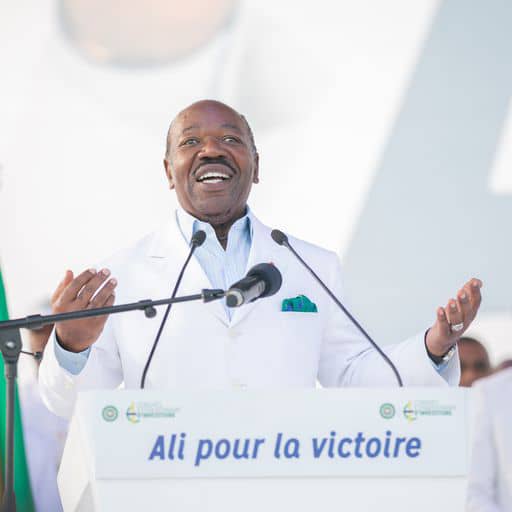Gabon, the oil-rich Central African nation renowned for its diverse biodiversity, is set to embark on a groundbreaking financial maneuver that seeks to alleviate its debt while simultaneously revitalizing its oceans. The move, hailed as the second-largest deal of its kind and the first on mainland Africa, is facilitated by The Nature Conservancy (TNC), a prominent global environmental nonprofit and was endorsed by the Gabonese Parliament after voting for it and the Ministry of Water, Forest Sea and Environment..
The Nature Conservancy announced the historic development 20th August 2023 stating that Gabon is poised to refinance $500 million of its foreign debt. This strategic maneuver is anticipated to generate a significant $163 million, which will be dedicated to expanding the nation’s protected coastal regions and addressing the pressing issue of illegal overfishing. Gabon’s natural wealth includes hosting the world’s largest population of leatherback turtles and numerous other endangered species.
The conservation-focused initiative was meticulously brokered by The Nature Conservancy, in collaboration with Gabonese officials, Bank of America, and other stakeholders. Lee White, Gabon’s Minister of Water, Forests, Sea, and Environment, lauded the endeavor as an innovative method to simultaneously reduce debt obligations and allocate funds for environmental preservation.
This approach is not entirely new to The Nature Conservancy. Since 2016, the organization has facilitated analogous “blue bond” agreements in other nations, including the Seychelles, Belize, and Barbados. These financial arrangements are promoted as a mutually beneficial solution for countries burdened by debt while addressing climate concerns.
Gabon boasts a GDP per capita ranking it as the third-highest in sub-Saharan Africa, according to the World Bank. With an average yearly income of nearly $9,000, the allocated funds might seem relatively modest.
Part of the deal’s value will be allocated to repaying Gabon’s restructured debt and covering transactional costs to entities such as Bank of America. Slav Gatchev, head of TNC’s sustainable debt division, assured that the associated fees would be competitive and reasonable.
Nonetheless, the agreement raises considerations about Gabon’s autonomy. Historically, similar “debt-for-nature swaps” have faced criticism for potentially compromising a country’s sovereignty by allowing external entities to influence financial and environmental decisions. Gabon’s Minister of Water, Forests, Sea, and Environment, Lee White, reassured that a U.S.-based charity would manage the newly generated funds.
Gatchev emphasized that blue bonds are born from the independent intentions of environmentally conscious nations and do not undermine self-determination. He clarified, “We are not telling governments what to do… In Gabon, parliament met and voted on these transactions.”
The debate surrounding the Gabon deal underscores the broader imperative for governments to pursue multifaceted strategies beyond financial agreements. Supporters and critics concur that addressing climate change necessitates comprehensive approaches that extend beyond such arrangements.
Gatchev acknowledged the limitations of blue bonds, noting, “We don’t claim, not for a second, that these transactions are a panacea.” He urged wealthy nations to fulfill their commitments, emphasizing the need for comprehensive funding for climate and conservation efforts. Despite differing opinions, the Gabon deal stands as an innovative step, fusing financial restructuring with environmental stewardship in a nation grappling with the challenges of debt and ecological preservation.



